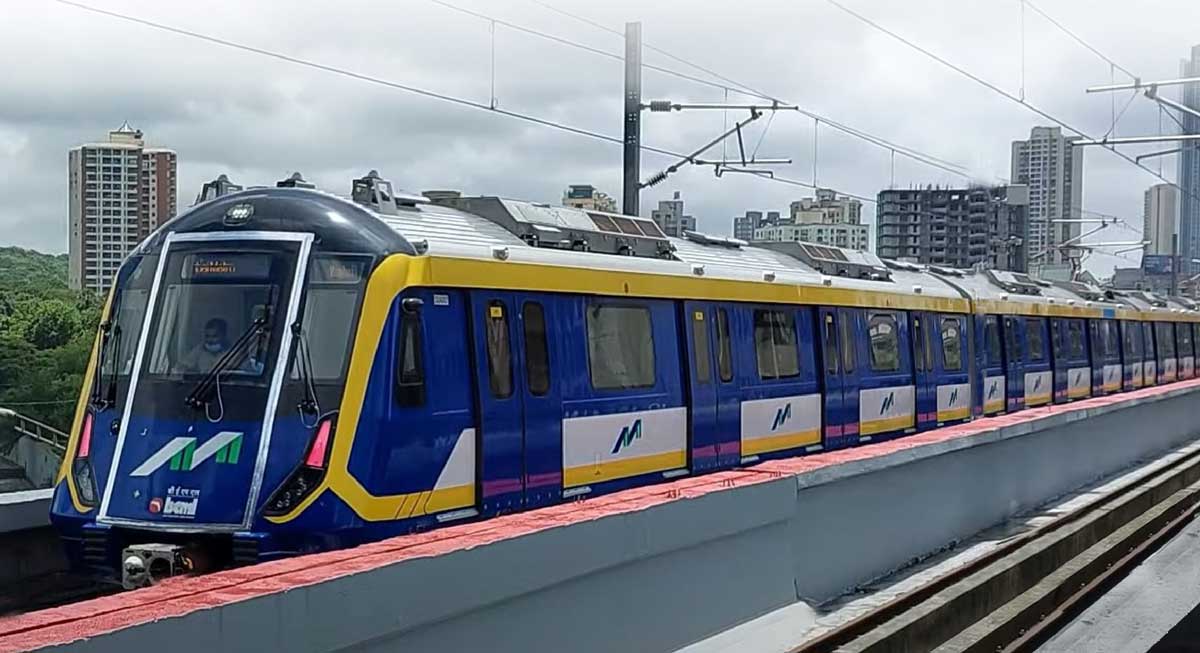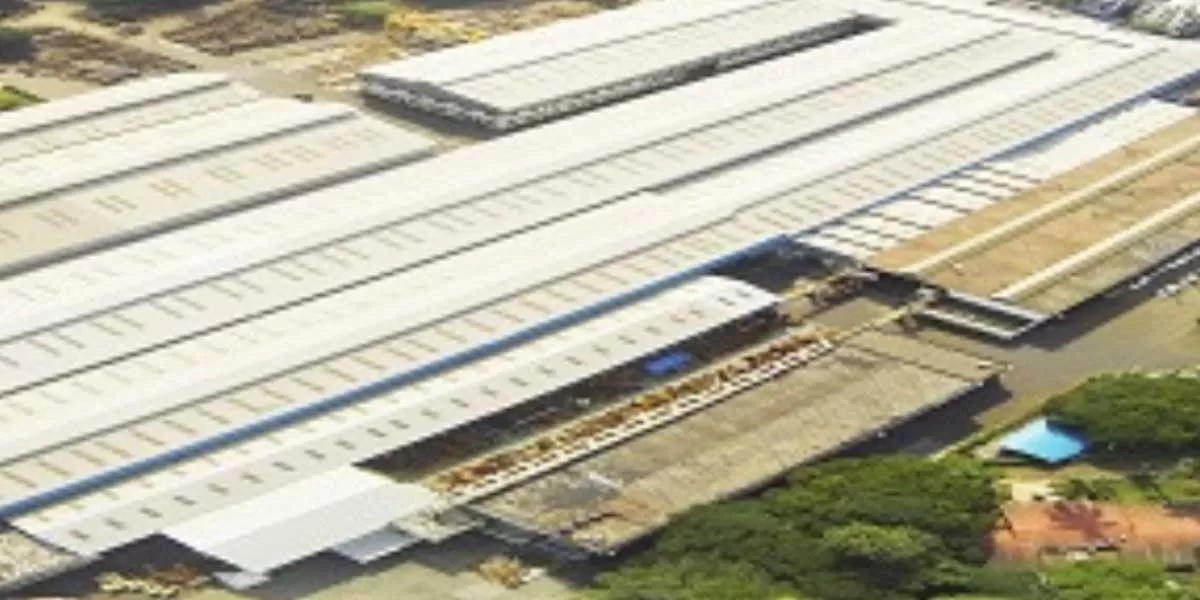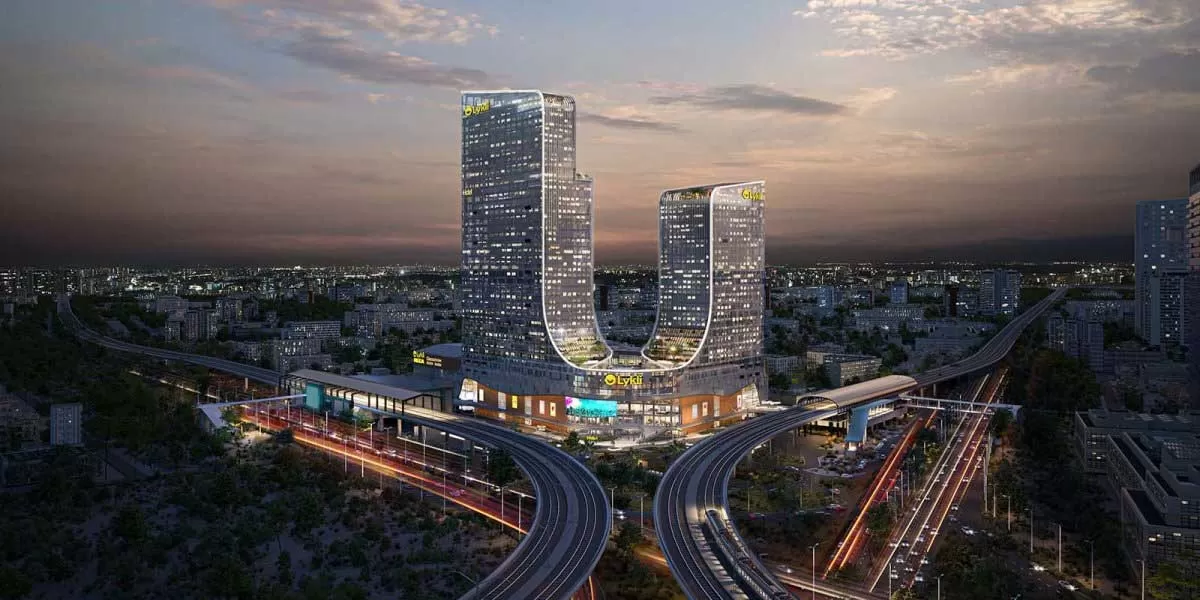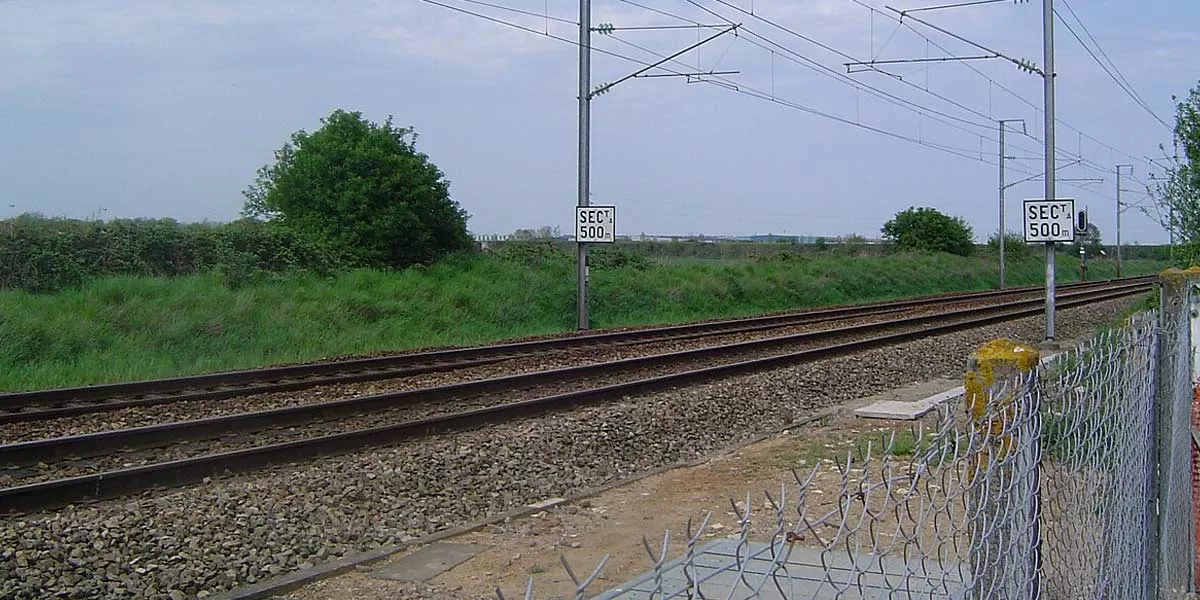The current transportation infrastructure is unable to meet demand on a daily basis. Congestion and gridlock are commonplace today, as they waste manpower, fossil fuels, cause pollution, and hinder the economic growth. One of the answers to solving these issues is to connect metro rail systems.
Most of India’s major cities soon will have access to well-connected metro rail system, and this network will continue to grow and extend to other towns and cities around the nation. According to the various state governments’ roadmap, it will not only complete all of its current projects to the best of its ability, but will also give tier 2 and tier 3 cities access to world-class metro facilities. This will only contribute to the expansion of India's metro network and the further linking of numerous urban and rural areas.
There are many proposals received from various state governments and union territories for implementation of metro rail, Metrolite, MetroNeo or regional rapid transit system (RRTS) projects in their respective cities.PACE
OF CONSTRUCTION:
SN
Year
Awarded
(in km)
Constructed
(in km)
Construction
(in km/day)
1
2014-15
7,974
4,410
12.1
2
2015-16
10,098
6,061
16.6
3
2016-17
15,948
8,231
22.6
4
2017-18
17,055
9,829
26.9
5
2018-19
5,493
10,855
29.7
6
2019-20
8,948
10,237
28.1
7
2020-21
10,964
13,327
36.5
8
2021-22
12,731
10,457
28.6
9
2022-23
6,318
(till 29 Dec'22)
5,337
(till 29 Dec'22)
-
(Source: MoRTH)LENGTH OF NH
CONSTRUCTION (in km)FY15
– 97,830FY16
– 101,010FY17
– 114,158FY18
– 126,500FY19
– 132,500FY20
– 132,995FY21
– 138,376FY22
– 141,345FY23
(Nov 22) – 144,634*
(Source: MoRTH)
India’s First Underwater Metro
The Kolkata Metro Rail Corporation (KMRC) is constructing an underwater metro tunnel under the Hooghly river in Kolkata that will connect Howrah and Kolkata. Being India’s first underwater metro service, the East-West metro corridor project is expected to be completed by December 2023.
In order to maintain and increase the sustainability benefits from metro rail transit systems and enhance the commuter experience, structured last-mile connectivity is pretty essential. Providing passengers with last-mile connectivity options at metro stations will greatly increase the adoption. Physical integration, service integration, information integration, and institutional integration are the four methods that can be used to achieve the last-mile connectivity.
BHARATMALA PARIYOJANA:Approved Length (Phase 1) – 34,800 kmGreenfield Corridors – 27
Hybrid Annuity Mode – 60% projectsBOT (Toll) Mode – 10% projectsEPC mode – 30% projectsEconomic Corridors – 9,000 kmInter Corridor & Feeder Roads – 6,000 km
National Corridor Efficiency Improvements – 5,000 kmBorder & International Connectivity Roads – 2,000 kmCoastal & Port Connectivity Roads – 2,000 kmExpressway – 8,000 kmRoad works under NHDP – 1,000 km
(Source: MoRTH
The impact of Make in India
Delhi Metro Rail Corporation Ltd. (DMRC) inaugurated the first part of its metro rail project in 2002, following a relatively lengthy hiatus from India's first Calcutta (Kolkata) Metro project, which was launched by the Indian Railways in 1984. In order to ameliorate the overburdened urban transportation infrastructure, new systems were created in Bangalore, Mumbai, Chennai, Lucknow, and other cities in response to the enormous success of the Delhi Metro.
India is anticipated to have more than 32 operational metro rail networks in the coming years. The increasing urban growth is supported by this mass transit system, which is proven to be an efficient urban transportation solution. The demand for contemporary metro coaches and the development of a robust metro rail coach industry in India are directly impacted by this enormous expansion.
The capital costs of metro coaches made in India are significantly lower than those made elsewhere in the world, according to the International Association of Public Transport (UITP). It estimates the capital cost of a coach made in India is roughly INR 89.4 million (US$ 1.35 million), which is less than Vancouver's and San Francisco's (US$ 2.5 million and US$ 2.30 million, respectively) capital costs.
A profitable and still mostly unexplored metro rail coach industry has been produced by the massive planned expansion of metro rail in many Indian cities. Manufacturers are setting up operations in India thanks to the government's aggressive and strict ‘Make in India’ campaign, and the country's ability to produce goods at prices cheaper than those found elsewhere in the world. India is positioned to become a global hub for metro coach manufacturing and the necessary ancillary industry around it including many critical components.
Expert Speak: Amit Banerjee, CMD, BEML
Innovativeness in the metro sector...
BEML was the first Indian company to manufacture the state-of-the-art metro cars meeting global standards. BEML has built RS10 cars (Delhi Metro) and MRS1 cars (Mumbai Metro Line 2 & 7) for UTO (Un-attended Train Operation) in our country. All future requirements of metro cars will be expected to be with driverless metro trains. Materials meeting latest fire standards have been used. Bi-cycle stands are provided in the Mumbai metro cars to enable passengers carry bi-cycles. Interiors are designed aesthetically keeping in mind passenger comfort.
The future of metro rail in our country...
The vehicle population has been growing phenomenally on the back of rising urbanisation, causing air and noise pollution, health problems besides heavily congesting the roads and reducing the pace of movement. Metro helps in decongesting traffic in energy efficient manner, reducing carbon footprint. Hence, the future of metro rail or in general urban transportation in our country looks bright. Over the next two years time frame, we expect orders for approx. 1,000 cars to be finalised which includes Bangalore (318 cars), Chennai (210 cars), Mumbai line 4 & 6 (312 cars), Kolkata (78 cars) and Patna (100 cars). Further, over a period of three to four years, orders for around 1,000 cars are likely to be finalised which includes Delhi phase 5 (200 cars), Mumbai extensions (200 cars), Bangalore extension (200 cars), phase 2 of Hyderabad, Patna, Jaipur, and Nagpur metros totalling to approx. 300 cars and tier 2 cities such as Varanasi, Bhubaneshwar, Visakhapatnam (200 cars).
Newness to be expected...
BEML uses state-of-the-art technology to build metro trains. Technology wise, BEML is on par with other foreign manufactures. Driverless trains are already the norm of the day. Health and safety standards with international certification, robotic welding techniques, latest jigs and fixtures are in place. Enhancement of manufacturing and operating efficiencies through induction of Industry 4.0 and predictive or condition-based monitoring techniques may gather pace in the near future with emphasis on cyber security.


















